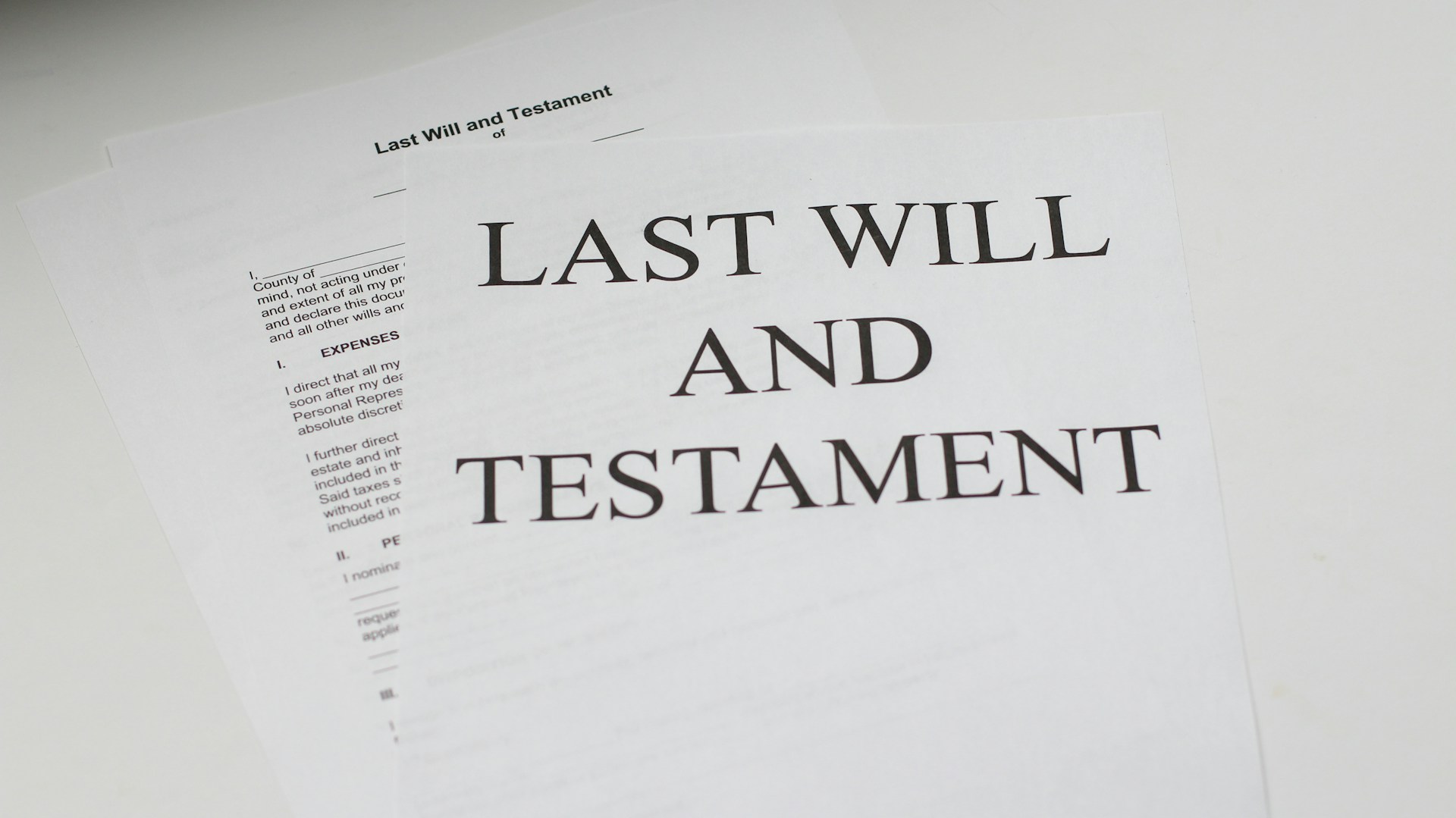
Estate planning is crucial for everyone, regardless of age, income, or assets. Whether you own a house, car, savings account, or just sentimental belongings, you have an estate that needs protection. Without a proper plan in place, state laws will determine how your assets are distributed, which can lead to lengthy court processes and unintended outcomes.
Why You Need an Estate Plan—And Why Many Don’t Have One
Many people delay or avoid estate planning because they think it's only for the wealthy or elderly. Others believe the process is too complex or expensive. But failing to plan can lead to financial difficulties, family disputes, and costly legal battles. With the right tools, estate planning can be accessible and affordable for everyone.
If you pass away without a plan, your state's intestacy laws will take over. This means that a judge, not you, will decide who gets your assets, who raises your children, and how your estate is managed. Worse, these processes can take months, if not years, and can be emotionally and financially draining for your loved ones.
Two essential tools in estate planning are wills and living trusts. Here's a quick breakdown:
Both wills and trusts play important roles, but a comprehensive estate plan often includes both, along with other critical documents.
An estate plan typically involves more than just a will. Here are some key components:
Together, these documents ensure that your wishes are carried out and that your loved ones are protected.
A key part of estate planning is organizing your records and making sure beneficiary designations on your accounts are up to date. This ensures that your assets will be distributed according to your wishes. With modern estate organization tools, this process is simpler than ever. Tools like EstateSync provide a compliant, secure way to store and manage all your important documents and information in one place.
In today’s digital age, your estate plan should also account for digital assets—things like online bank accounts, social media profiles, and digital subscriptions. Many overlook this aspect, but it’s important to designate someone to manage or close these accounts.
Many people assume that estate planning is expensive, but there are options to fit every budget. From free or low-cost online resources to working with experienced estate planning attorneys, it's possible to create a solid plan without breaking the bank. In fact, creating a comprehensive estate plan now can save money on probate costs, taxes, and legal fees down the line.
The best time to start estate planning is today. Life is unpredictable, and having a plan in place provides security for both you and your loved ones. Regular reviews and updates to your plan are essential to ensure it remains relevant as your life circumstances change.
Ultimately, the greatest benefit of estate planning is the peace of mind it provides. Knowing that your loved ones will be cared for and your wishes respected can offer immense relief. It also spares your family unnecessary stress and complications during what will already be a difficult time.
Estate planning is not just about money—it’s about protecting your loved ones and ensuring your wishes are honored. Don’t wait. Start your estate planning process today, and use tools like EstateSync to make it easier. By taking these steps now, you secure a legacy that will benefit your family for generations.